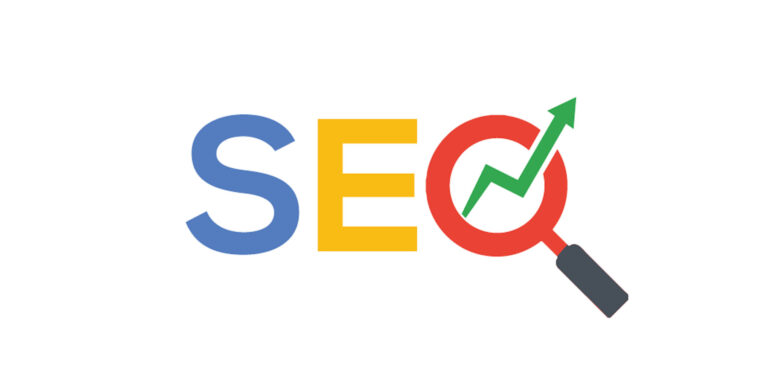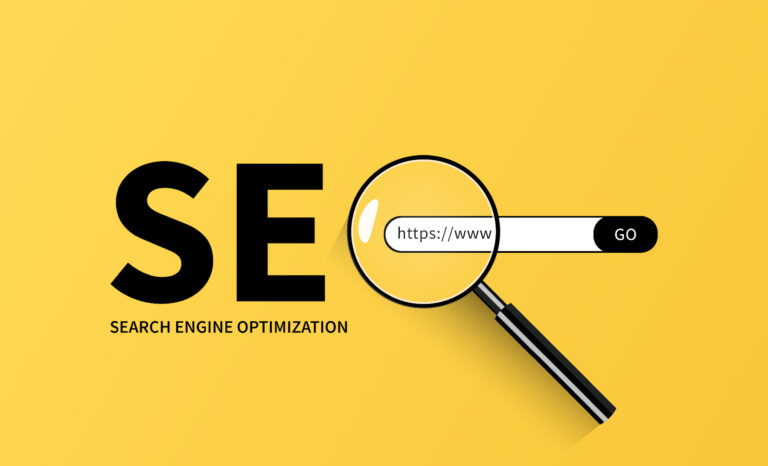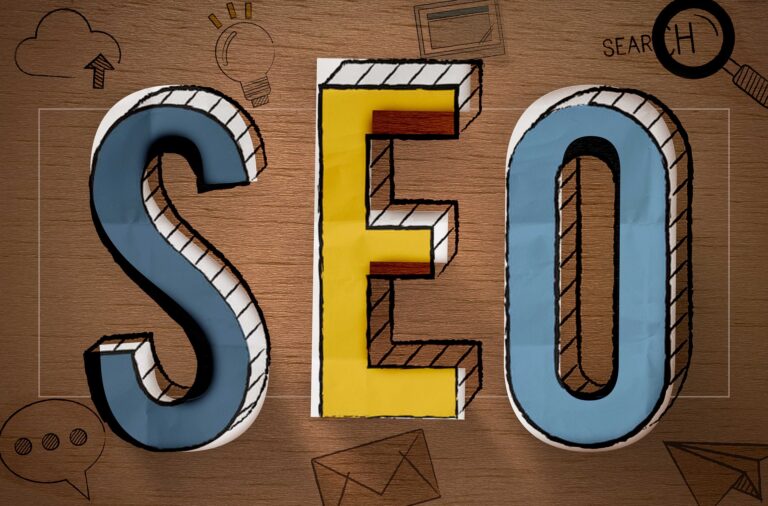SEO Is Not A Complex Process
In the early days, search engine optimisation (SEO) was much simpler.
You’d review your website, choose the right keywords, make sure your content was original, and place those keywords in the right spots. That was mostly all you needed.
Today, SEO involves more tools and a wider range of strategies.
But is modern SEO really that complicated, or are we just overthinking it?
Let’s explore the answer in this post.
How Hard Is SEO?
SEO can feel really hard when people don’t share what they know.
But when everyone understands how SEO helps a website grow, it gets easier. Everyone who works on the website should know a little about SEO. Teaching others is also part of what SEO is about. If things aren’t getting done, it’s often because the people in charge don’t know why it matters.
Some people think SEO is bad because there are companies that take money but don’t really do the work. I’ve seen clients lose trust in SEO after getting no updates, no clear results, and no real communication, just bills to pay.
SEO isn’t simple. But it gets easier when we’re honest and open. That means explaining what’s needed, what’s working, what’s not, and what results we’re seeing.
Trying to cheat the system, whether it’s clients, users, or search engines, just makes everything harder in the long run.
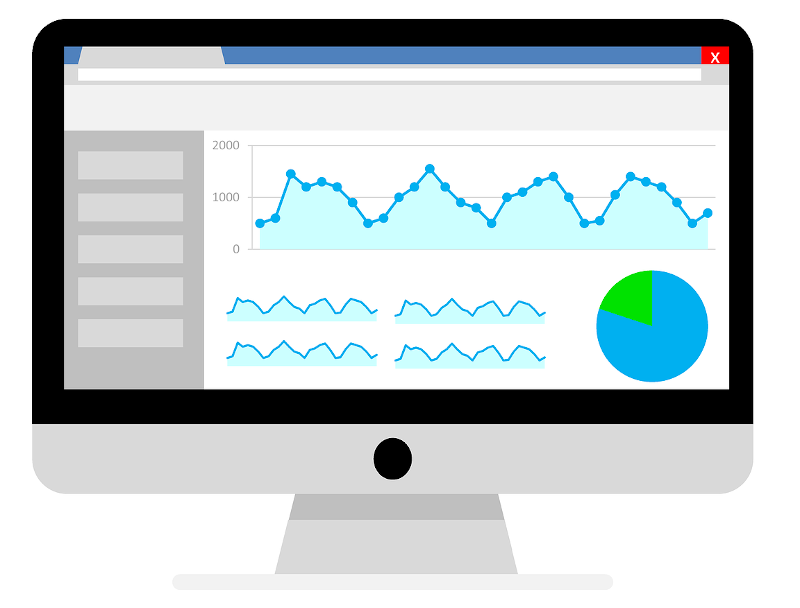
What Exactly Complicates Your SEO Efforts?
SEO can be tricky because it involves a lot of tools, changing rules, and keeping up with updates from Google.
What makes it harder are the constant changes Google makes, like:
- Big updates to how search results work
- Warnings about website safety
- Making websites load faster on phones
- Showing more videos in search results
Each of these changes affects how websites show up on Google, which can mess with your rankings.
To keep your SEO working well, you have to learn the new rules, adjust your plan, and test what works.
And sometimes, it can take weeks or even months before you see how these changes really affect your website.
Is SEO Or A SEO Strategy Hard To Learn?
Most things can be hard to learn if you’re not interested. But if you’re curious about SEO, you’re in luck, there are some really smart people in the industry who’ve made great resources to help, like the team at Ahrefs.
SEO follows clear rules and steps, so it’s easier to learn if you know where to find the right information. The post above is a good place to start.
But be careful, there are lots of websites out there that share bad advice or shortcuts that don’t really help. That’s part of why SEO can seem so confusing. Some people have shared the wrong information for so long that it’s made things more complicated than they need to be.
Misinterpreting The New Google Algorithms
One common problem is not fully understanding how Google’s new updates work.
Sometimes, people get confused about what the update really means, and they end up spending lots of time on things that don’t actually help.
For example, when Google talked about mobile page speed, everyone rushed to make their websites faster in every possible way.
But was that really needed?
Yes, if your site is super slow, it can hurt your ranking on Google.
But just trying to make your site a little faster won’t help much, especially if your site already loads quickly or doesn’t rank well to begin with.
Before focusing on page speed, it’s better to fix other important problems first. Then, you can check if improving speed will actually make a difference.

A Vast Landscape Of SEO Tools
New rules can actually help you think in creative ways, and there are more SEO tools out there than you might expect, with more coming all the time.
When you switch to a new project or try to grow your website, you might need to try new strategies you haven’t used before.
Even if you’ve been doing SEO for a long time, there’s always something new to learn and new ways to improve.
How Not To Overcomplicate SEO
It’s clear that SEO is always changing.
This happens in every industry, so experienced professionals know there’s no point in complaining.
Getting stressed or overreacting to new updates only makes things harder.
Instead, here are a few simple but helpful tips to keep calm and stay on track, even when SEO gets a bit wild.
1. Develop A Habit Of Reading SEO News Daily
The best way to learn something is to dive into it and stay curious.
If you’re new to SEO, reading a bunch of different websites and articles can feel overwhelming at first.
But over time, all the talk about indexing problems and content tips will start to make more sense.
Most experienced SEO experts have their own favorite places to get news and advice. You’ll build your own list as you learn and gain more experience.
By making a habit of reading SEO blogs and forums, you can grow your skills in big ways:
- Keep learning by watching videos and trying new methods.
- Use expert guides to update your SEO checklist.
- Read real-life examples to avoid common mistakes.
- Stay up to date so you can react quickly to Google’s changes.
- Get inspired and keep improving.

2. Track Progress With Monthly Reviews
Each month, check how your keywords are ranking, how well your backlinks are working, how many people visit your site, and what they do while they’re there.
Watch for any changes, if something goes up or down, make small changes to your SEO plan to keep things on track.
These small fixes can help you avoid bigger problems and find new ways to get more visitors.
3. Watch Your Competitors
Start by looking at your competitor’s blog and the links they use.
Pay close attention to what’s missing or what they could do better.
Check the comments to see what readers like and what they’re asking for.
Then use that information to improve your own content. Give people what they need, more helpful details, easier-to-read content, and a better experience on your site.
SEO Myths
In business, believing the wrong things can make you miss good chances or waste money on things that don’t work.
In SEO, there are a lot of myths, wrong ideas that people still believe. These myths usually come from old information or changes in how Google works. Even though Google tries to teach people the right way, these myths still stick around.
SEO is tricky, with lots of rules and ranking factors. Beginners often don’t understand all of it and can get confused. It’s easy to believe the first thing you hear and ignore new updates as things change.
Here are some of the most common myths about SEO that you should be careful of:
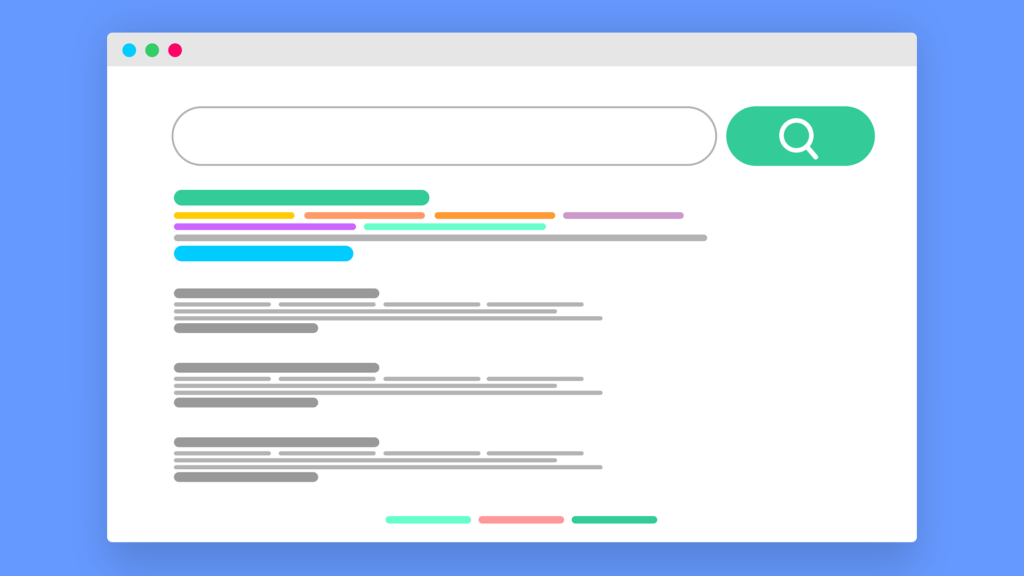
SEO Myth #1: SEO Is A One-Off Process For SEO Success
A lot of business owners think they can do SEO once, like when they build or redesign their website—and then forget about it, expecting their site to stay at the top of search results.
But if you only do SEO one time and stop, your site will probably drop in the rankings. That’s because Google keeps changing how it ranks pages, and your competitors are always improving their websites.
Good SEO is something you need to keep working on. You have to keep updating and improving your site so it stays helpful for users and follows the latest rules from search engines.
Here are some things ongoing SEO focuses on to keep getting good results:
- Making pages load faster
- Checking that your site works well on phones and is easy to use
- Watching what your competitors are doing and finding ways to do better
- Updating your content so it’s accurate and useful for visitors
SEO Myth #2: SEO Drives Immediate Results
Some SEO companies make big promises they can’t keep. One common promise is fast results, but that’s not how SEO really works.
The truth is, SEO takes time. It can take 3 to 6 months, or even up to a year, before you start seeing real results. That’s because search engines look at over 200 different things when deciding how to rank websites, and many of them take time to improve, like building your reputation online.
How fast you see results depends on a few things:
- Competition: If you’re trying to beat big, well-known companies, it’s going to be harder. A smart plan using more specific, less competitive keywords can help.
- Your website’s age: Older websites usually rank faster because search engines already know about them. New websites need time to get noticed.
- Backlinks: These are links from other websites that help show your site is trustworthy. Getting strong backlinks takes time, especially if your site is new.
There are no guarantees with SEO. That’s why it’s important to work with honest SEO companies who understand how it works, don’t make fake promises, and help you grow the right way.
SEO Myth #3: SEO Always Guarantees Page-One Rankings
When people think about SEO, they often think it means getting to the first page of Google. But that’s not always how it works. The real goal of SEO is to help people find your website more easily.
If an SEO company promises you’ll be on page one right away, that’s a big warning sign.
Some companies try to cheat the system using tricks like stuffing too many keywords, using fake links, or hiding text. These are called “black-hat” SEO tactics. They might work for a short time, but once Google finds out, your website can be punished and it can be very hard to recover.
Instead of choosing a company that makes big promises, choose one that’s honest. A good company will focus on things like increasing your website traffic, keeping visitors on your site longer, and helping you get more customers.
And always remember: SEO companies don’t control rankings, only search engines do.

SEO Myth #4: All Your SEO Audits/Efforts Should Focus On Google Only
For a long time, people thought SEO was only about helping your website show up on Google, since it’s the most popular search engine.
But now, SEO is about more than just Google. It’s about making sure your content looks good and is easy to find on all the platforms you use, like YouTube, TikTok, LinkedIn, and even ChatGPT.
If you’ve already done SEO for your website, you also need to do it for the other places where people might look for you.
Knowing that SEO isn’t just for one platform can help you create a better plan that reaches more people in more places.
SEO Myth #5: You Don’t Need To Focus On Local SEO
Local SEO helps your business show up when people search for things nearby—like when they type “near me” into Google. These kinds of searches have become super popular, with over 1.5 billion happening every month.
Even if you don’t have a physical store, it’s still important to show up in local searches. Local SEO helps more people in your area find your business, which means more website visits and more customers.
Here are some ways to improve your local SEO:
- Set up and update your Google My Business profile
- Get your business listed on local websites
- Make sure your business shows up on Google Maps
- Use local words and city names in your website content and tags
- Work with local groups to build helpful links
- Join online directories like Yelp or TripAdvisor
- Create content that speaks to people in your area
SEO Myth #6: Meta Tags Are Not An SEO Ranking Factor
Meta tags, like title tags and meta descriptions are important for SEO and can help your website rank higher on Google.
Title tags tell both search engines and people what your page is about. A good, clear title tag can help bring more visitors to your site. But it has to match what’s actually on the page so people know what to expect and are more likely to click.
Meta descriptions show up right under the title in search results. They give a short summary of the page. Search engines use them to decide what your page is about, and people read them before clicking. Adding the right keywords in your meta descriptions can help you show up in more searches.
SEO Myth #7: You Can Get Away Without Keyword Research
Keyword research is an important part of SEO. It means finding and choosing the best words people type into search engines when they’re looking for something.
Some people think it’s as simple as picking a word they think their customers use and putting it on their website, but it’s actually more detailed than that. Good keyword research helps your website show up in search results more often.
Here’s what it involves:
- Coming up with general keywords related to your business, products, or services
- Looking at what keywords your competitors are using
- Using special tools to find more keywords based on what people are searching for
- Adding keywords naturally to your website, especially in titles and descriptions
- Checking back often to update your keywords as search trends change
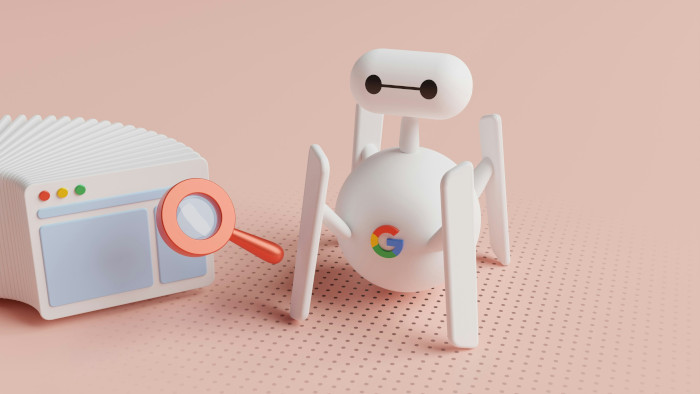
SEO Myth #8: The More Keywords On A Page, The Better The Rankings
There used to be a time when people thought using lots of keywords on a page would help it rank higher on search engines. This was called “keyword stuffing.”
But now, that doesn’t work anymore. In fact, it can hurt your rankings because the content ends up sounding weird or hard to read.
Today, it’s more important to place keywords in smart and natural ways that make the page helpful for visitors.
Even though keywords still matter, using too many can do more harm than good. A good rule is to keep your keyword use to about 1–2% of your content. So remember, more keywords don’t always mean better results!
Final Thoughts
SEO is about more than just using the right keywords and links. These days, it’s also about giving people a great experience on your website while meeting search engine rules.
So, to answer the question, yes, SEO has gotten more complicated. However that doesn’t mean you need to other think everything.
Whilst it’s not enough to write okay content with the right keywords and tags. Your content needs to look good and be helpful, interesting, and different from what others are doing.
There are many websites offering the same services or blog topics, so you need to find creative ways to stand out and give people something they won’t find anywhere else.
SEO, both on your site and outside of it, keeps changing. We need to stay ready for what’s next without making things harder than they have to be.
Luckily 10am Digital is here to make things even more simple


